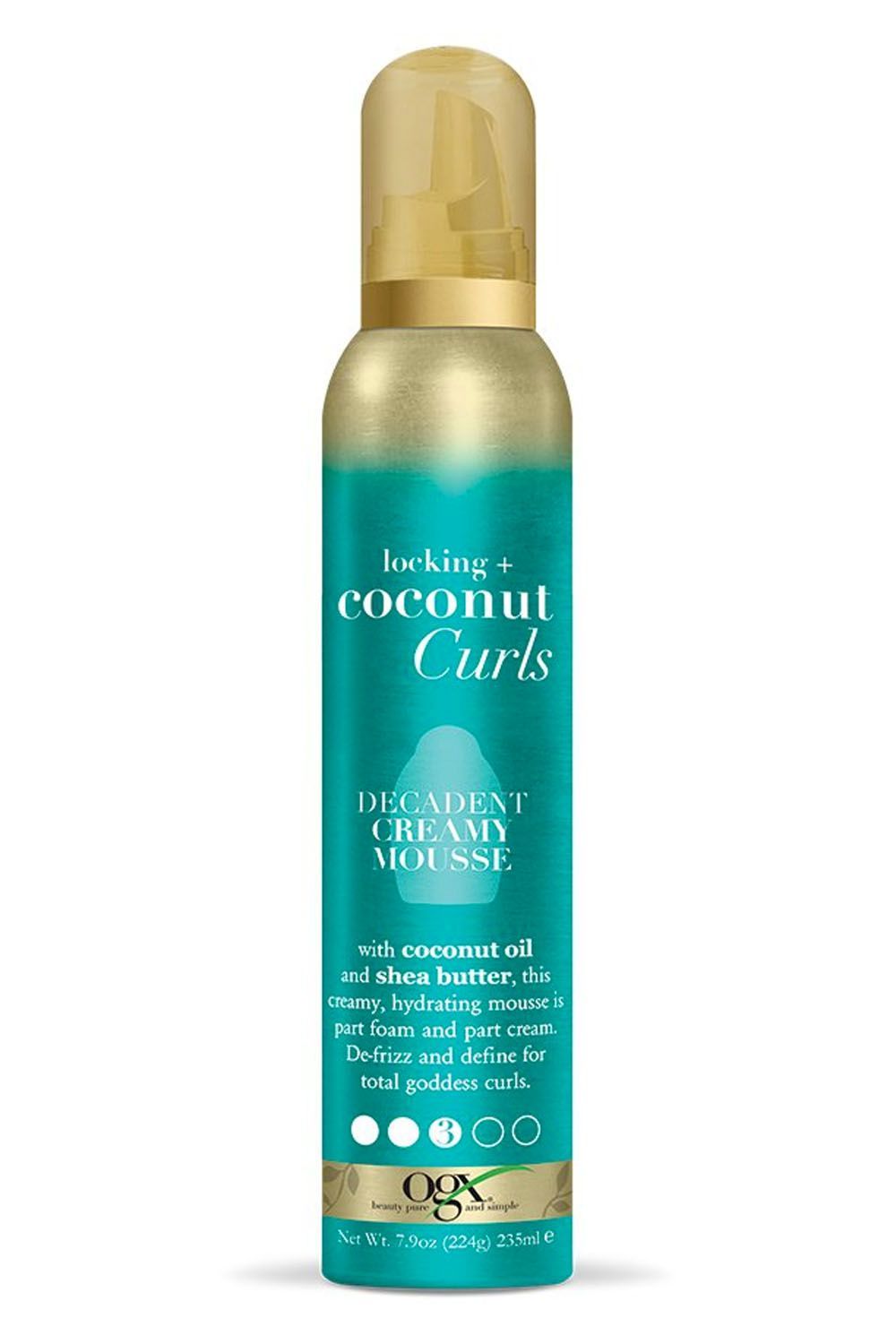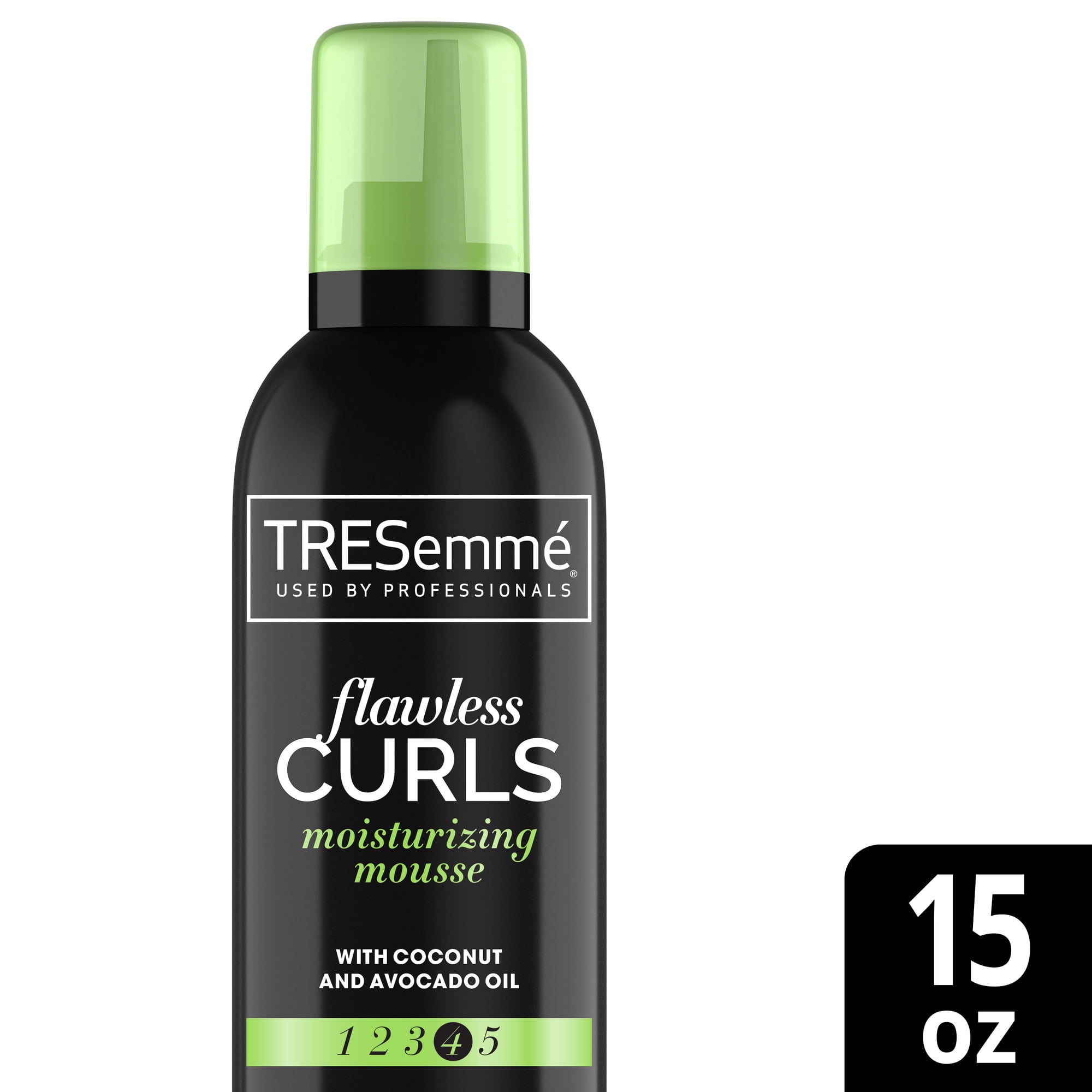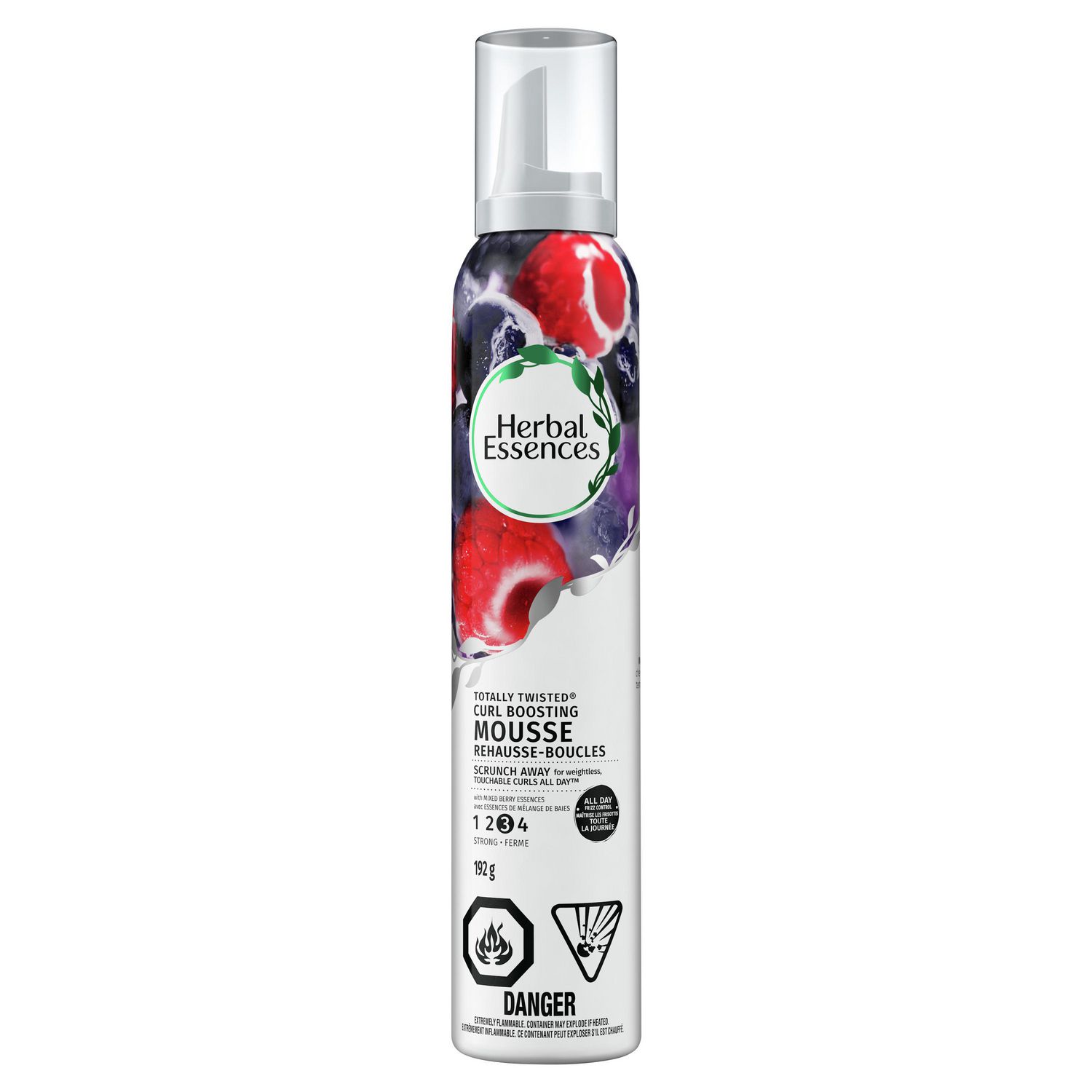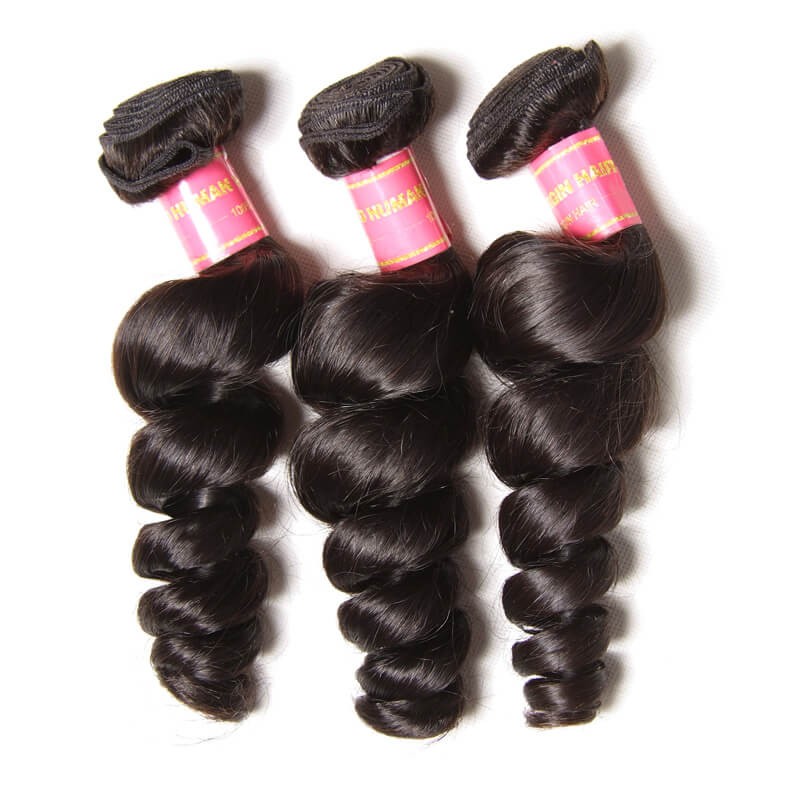Table Of Content

In this article, we look at how vitamin D and hair growth are connected, if a deficiency causes hair loss, and if it is reversible. Your healthcare provider can conduct tests to identify potential vitamin deficiencies and create a personalized treatment plan. If you notice persistent or unexplained hair loss, it’s vital to consult a healthcare provider. When experiencing sudden or severe shedding, changes in hair texture or appearance, and bald patches, seeking professional advice is crucial. These natural alternatives provide essential nutrients that support overall hair health and can make a noticeable difference for individuals experiencing vitamin-related hair issues.
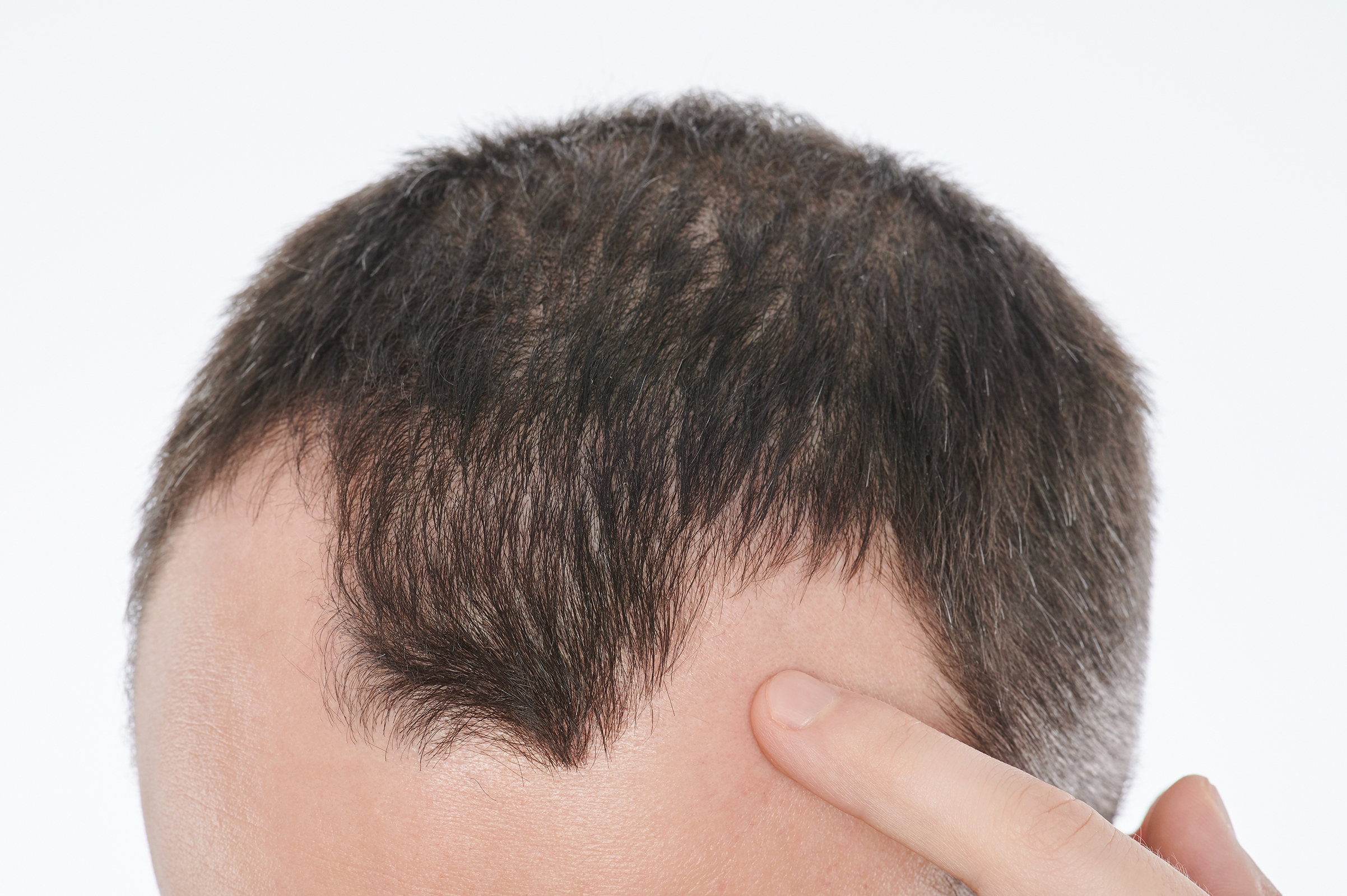
Recommended articles
Despite this, patients often seek nutrient supplements as a treatment for hair loss. In fact, direct-to-consumer advertising promotes the use of supplements for hair loss, and many such products, containing a wide variety of formulations, are easily available for purchase. No significant difference in serum folate levels was seen in 91 patients with diffuse hair loss as compared to controls [58]. In fact, another study of 200 women with chronic TE showed 28.5% had elevated serum folic acid, although methodology of the study was not included and therefore limited conclusions may be drawn [8]. Vitamin A is a group of compounds including retinol, retinal, retinoic acid, and provitamin A carotenoids. Data from animal studies suggests that vitamin D plays a role in hair follicle cycling [50].
rs.type = 'text/javascript';
An outbreak of selenium toxicity from a liquid dietary supplement that contained 200-fold the labeled concentration of selenium resulted in severe hair loss in most patients [121]. Published data on AA suggest that vitamin D, due to its immunomodulatory effect, may be involved in AA [66, 67]. Lee et al. conducted a systematic review and meta-analysis of observational studies on the prevalence of vitamin D deficiency and/or serum vitamin D levels and AA [68].
Terms of Service apply.
Thompson et al. evaluated the association between AA and vitamin D in a prospective study. Survey data encompassing lifestyle and medical history from 55,929 women in the Nurses’ Health Study were investigated. The authors found that there was no significant association between dietary, supplemental, or total vitamin D intake and risk of developing AA [69].
The Best Food for Hair Growth, According to Dermatologists and Stylists - Glamour
The Best Food for Hair Growth, According to Dermatologists and Stylists.
Posted: Thu, 12 Oct 2023 07:00:00 GMT [source]
To get it in the right amount add to your diet dairy products, for example, milk or yogurt. For other nutrients, such as zinc, supplementation in deficient patients has resulted in hair growth, although, again, patients must be monitored due to toxicity risk (Table 3). One study of eight females with TE or FPHL showed that serum vitamin D2 levels were significantly lower than in controls. Furthermore, vitamin D2 levels decreased with increased disease severity [54]. However, data on the effects of vitamin D supplementation in hair loss is lacking.
Complications and Risk Factors Associated With Thinning Hair
These authors analyzed a total of 14 studies that involved 1255 patients with AA and 784 control patients without AA. The mean serum 25-hydroxyvitamin D [25(OH)D] level in patients with AA was significantly lower than that in the non-AA control group, by 8.52 ng/dL (95% confidence interval − 11.53 to − 5.50 ng/dL). Vitamin D deficiency was also highly prevalent in patients with AA, leading the authors to suggest that the vitamin D level has to be measured in patients with AA.
Taking too much biotin may not necessarily lead to better hair growth outcomes; instead, sticking to the recommended dosage aligned with your specific needs is key. However, it’s crucial to consult a healthcare provider before starting such high doses of biotin as they can cause interference with certain lab test results and diagnostic procedures. Additionally, vitamin deficiencies and overdoses can lead to alopecia or hair loss in some cases. While deficiency is uncommon, ensuring an adequate intake is vital as it complements other B-complex vitamins and supports overall health. Some studies show that this procedure can help to stimulate hair growth, especially when used in combination with another treatment, such as minoxidil.
Increase iron intake with red meat, spinach, lentils, and fortified cereals to prevent iron deficiency anemia-related hair loss. Consume nuts, seeds, and leafy greens for a boost of vitamin E while including citrus fruits and bell peppers for ample vitamin C levels. Alter your diet to combat hair loss by incorporating foods rich in essential vitamins and minerals. Add vitamin D sources such as fatty fish, fortified dairy products, and egg yolks to stimulate hair regrowth.
Causes of Thinning Hair in Men and Women
Vitamin E helps support your immune system and other bodily functions. It’s helpful to note that unnecessary supplementation can do more harm than good, so it’s important to use caution if you’re considering supplementation (56). According to the National Institute of Neurological Disorders and Stroke, RLS affects up to 10% of Americans, with women twice as likely to experience the condition.
Can GLP-1 drugs Ozempic and Wegovy cause suicidal ideation, hair loss? - Medical News Today
Can GLP-1 drugs Ozempic and Wegovy cause suicidal ideation, hair loss?.
Posted: Mon, 08 Jan 2024 08:00:00 GMT [source]
Best known by its brand name Rogaine, minoxidil is an over-the-counter hair loss treatment approved by the FDA. There are online options to obtain minoxidil as well, through companies like Hims and Keeps. But, as with multivitamins, there isn’t enough evidence that folic acid is guaranteed to help make your hair thicker. While research suggests there are health benefits, the FDA doesn’t monitor or regulate the purity or quality of essential oils. It’s important to talk with a healthcare professional before you begin using essential oils and be sure to research the quality of a brand’s products. That said, if your vitamin D levels are deficient, Paviol says that there are other, more intensive ways to supplement the vitamin.
In a study of mice treated to model vitamin D-dependent rickets, the resultant animals developed hair loss [51]. In vitro studies have shown increase in vitamin D receptor expression in the outer root sheath keratinocytes during the growing phases of the hair cycle [52]. In addition, multiple genes have been identified in the human hair follicle [15], and some may be regulated by iron [16]. In a mouse model, reversal of ID led to restoration of hair growth [17]. If you’re experiencing new hair loss or hair thinning, or if you’re developing any bald spots, you should talk with a doctor. They can help you detect any underlying medical conditions, as well as offer any related medications.
Your body needs iron to create hemoglobin, which is responsible for carrying oxygen to your cells. If your body does not have enough iron, it will only carry oxygen to your vital organs and not your hair follicles. This means that your hair won’t be getting enough of the nutrients that it needs to grow, and can result in hair loss. For example, they can activate hair growth, provide hair strength, and nourish the hair follicles by supplying proteins. They can also help to prevent follicle inflammation that can result in hair loss. A deficiency in vitamin D can lead to hair loss and decreased hair density.
We would like to thank Maha Abdulmohsen Alenzi, a dietician from the Armed Forces Hospital in Dhahran, Saudi Arabia who provided insight and expertise that greatly assisted the research. Data sharing is not applicable to this article as no datasets were generated or analyzed during the current study. If medications are the cause, a person may need to discuss alternatives with their doctor. These diseases partially or fully block the absorption of vitamin D from food. Our experts continually monitor the health and wellness space, and we update our articles when new information becomes available. Please include what you were doing when this page came up and the Cloudflare Ray ID found at the bottom of this page.
Hair loss can also be caused by diet-related factors, such as nutrient deficiencies and supplement use (3). Biotin deficiency is rare, as intestinal bacteria are typically able to produce adequate levels of biotin. Deficiency is seen in cases of congenital or acquired biotinidase or carboxylase deficiency, antibiotic use disrupting the gastrointestinal flora, and antiepileptic use. Deficiency can occur from excessive ingestion of raw egg whites due to binding by avidin.
Androgenetic alopecia (AGA), telogen effluvium (TE) are two common types of hair loss. Studies show that supplementing the diet with low levels of vitamin D can improve symptoms of these diseases. If a patient with AGA or TE has low iron levels (more commonly seen in females), supplementation is also recommended. These iron-deficient patients should also ensure their vitamin C intake is appropriate.



